Humanity needs science to survive and thrive
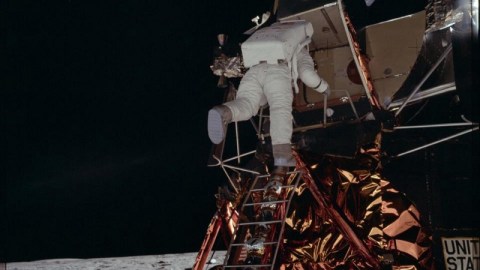
The greatest advances in human history have come from science and scientific knowledge. Don’t stop now.
“Bad times have a scientific value. These are occasions a good learner would not miss.” –Ralph Waldo Emerson
Hi there, world. It’s been a long time since you’ve had a heart-to-heart with science, but there’s no better opportunity than right now. There are a whole slew of problems facing our nation and the world today, and I’m afraid you’re going to need it for all of them if you want to get through them successfully. The world is a large, complex system, with many different competing interests all vying for your attention as to which one is most important. No one is here to decide that for you, contrary to what you might’ve heard. Instead, science is here to contribute something that every perspective should agree on: the best suite of facts, laws, models, theories, conclusions and inferences that the whole of humanity has been able to collect and construct. That’s what science is. It’s what science was made to do. And it’s why humanity is the success that it is today.
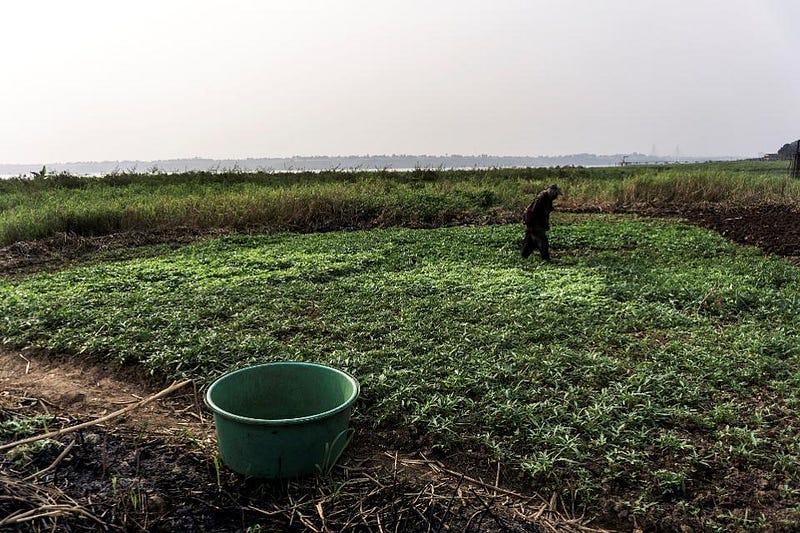
In order to create the civilization we have today, we needed a whole slew of things to line up. We needed a way to feed ourselves, safely, in tremendous numbers. We needed to concoct a way to prevent the deadly effects of widespread disease. We need to maintain bodies healthy enough to go about our lives. And as our society becomes more population-rich and our cities become more population-dense, we need to solve these problems on larger and larger scales.
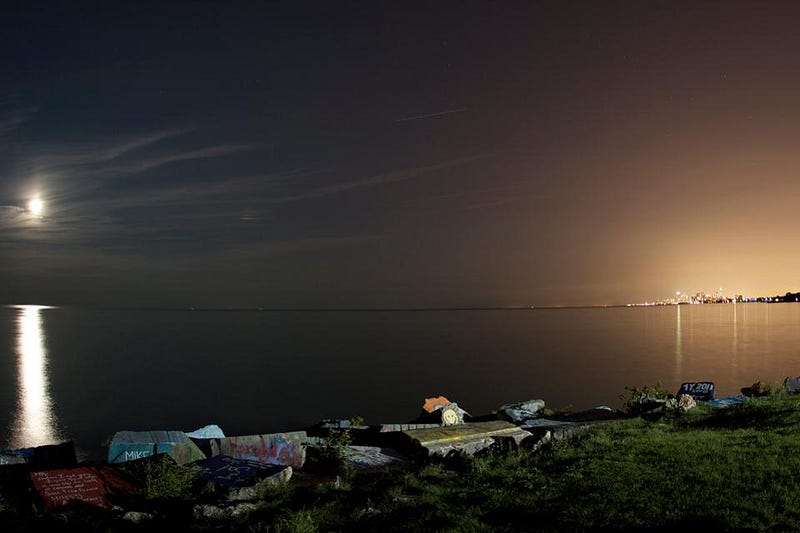
Humanity isn’t special in this regards; all living creatures need to do this in order to survive. But we’re not doomed to the same fate that, say, a yeast colony is. If you place yeast in a sugar solution, those cells are going to devour their food source, multiply rapidly, begin producing waste products (which are toxic to the cells), and so the population will level off, then fall, then drop to zero. If we’re smart enough, observant enough, pay enough attention-to-detail, and we put the puzzle pieces together correctly, we can identify:
- which sources of food are safe,
- what we can do to unsafe foods to make them safe,
- what’s deadly to us,
- what we can do to survive,
- what creates a long-term threat to our civilization’s survival,
- and what we can do to neutralize that threat.

Humanity is special because we have the capabilities to gather all the data related to these issues, synthesize them together into one overarching framework, address each problem both individually and as a part of our larger society, and plan for our continued thriving existence here on Earth. Over the thousands and thousands of years of recorded history, the one path that’s been consistently successful has been to take a scientific approach.

That means a lot of hard work. It means we have to create a body of knowledge that stretches across an entire field, encompassing as many options and corner-cases as possible. It means that we need to observe and take note of what happens under all sorts of different circumstances, often when many variables are in play at the same time. It means we need to quantify and understand our uncertainties, errors, and biases in performing our studies. It means we need to focus on one small problem at a time in order to learn something meaningful. And perhaps most challenging of all: we need to always be open to the possibility that our best laws, conclusions, theories, and models may be wrong. As we learn more, we must always go where the full suite of data takes us, even if it requires us to revise what we previously thought we knew.
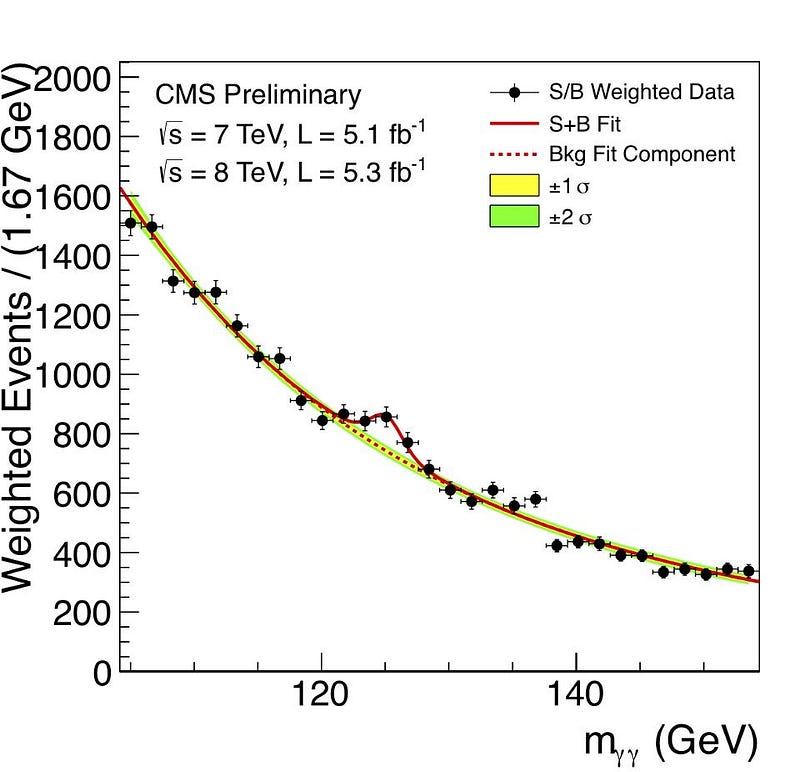
The beauty of it all is, therefore, what makes it so disconcerting to some. You can spend your entire life studying a problem, fascinated with the process of investigation and discovery. You can learn everything we know about a field and extend our knowledge within it. And you might have a beautiful idea, a preferred outcome or a conclusion you wish were true as respects your studies. You may even put together a new theory that has the potential to revolutionize everything we think we know. But no matter how elegant, beautiful, compelling or intuitive it is, your conclusions must be consistent with the entirety of the information we have. The most successful ideas in science aren’t successful because we love them the most; they’re successful because the evidence overwhelmingly validates and supports them.
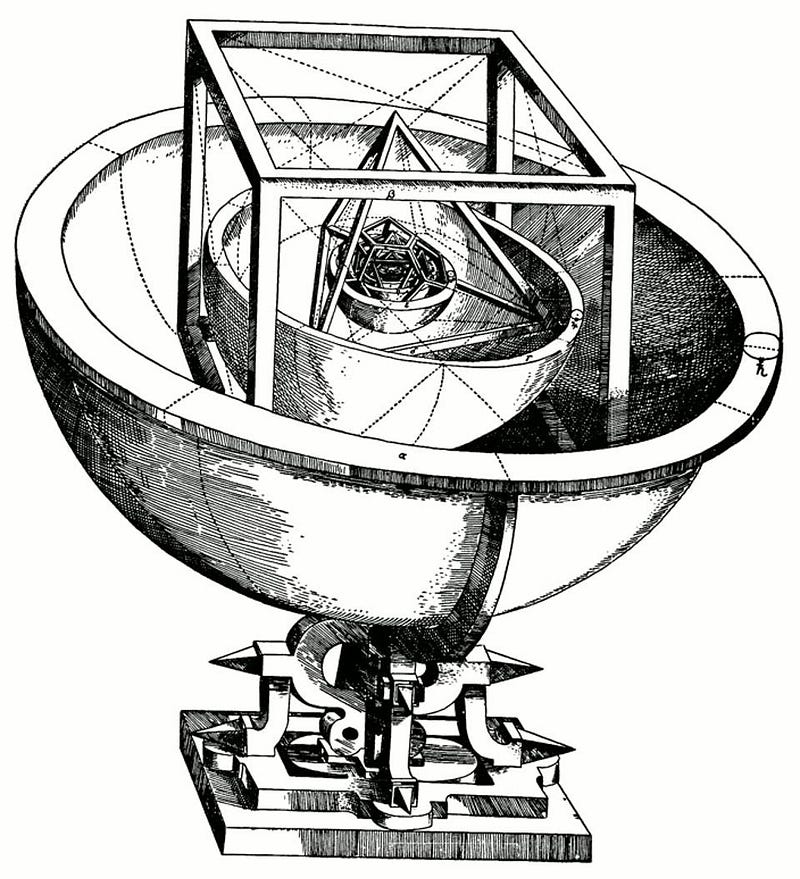
Not all of science is about feeding the world, curing and preventing disease, preventing short-and-long-term threats, protecting our environment or extending our lifespans. Much of it is about looking at esoteric systems, at other creatures, at subatomic particles or at the Universe beyond our world. It’s an enterprise that’s driven by curiosity, and for the search for scientific understanding. It challenges us to find truths that go beyond politics, beyond ideology, beyond our desired outcomes. It dares us to know the Universe as it actually is, and the way we do that is by asking it questions about itself and then listening to the answers, no matter what they are.
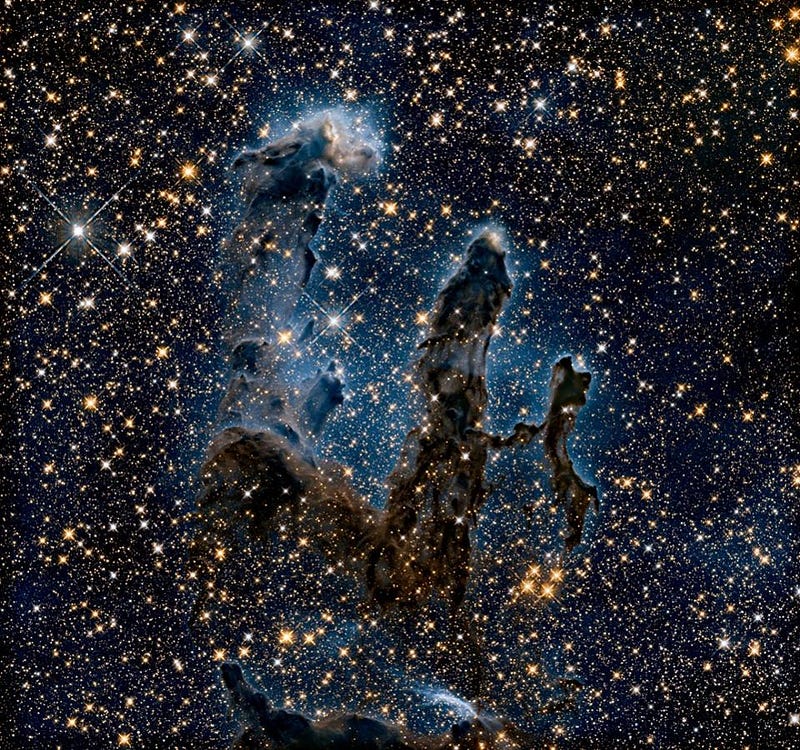
Science is what’s led our society to the present day, where food is plentiful, abundant and safe. Where diseases can be treated, cured or even prevented outright before you ever get sick. Where we can quantify the threat that dirty air, contaminated water or a hole in the ozone layer has on humanity. And where new advances lead to new technologies, enhancing our quality of life to levels that humans, even just a hundred years ago, couldn’t possibly have foreseen. If we want this to continue, we absolutely need to listen to, accept, and value what science has to offer in all of these regards.
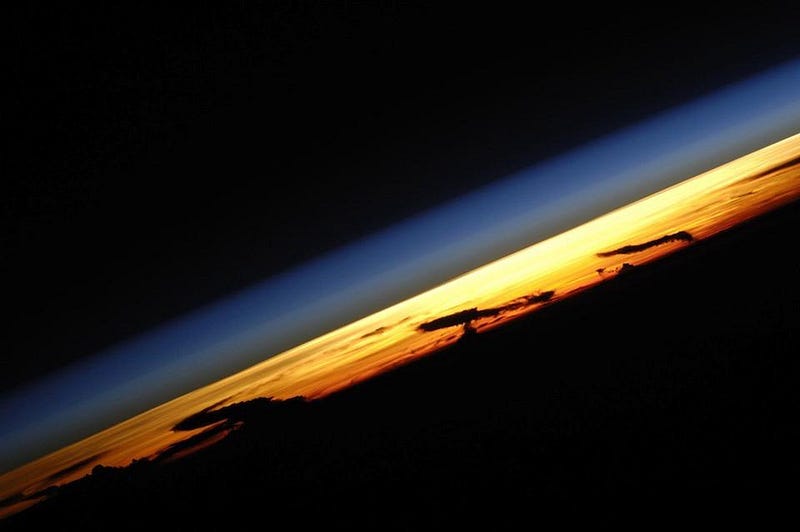
Society didn’t get to where it is by focusing on dissenting scientific voices; it advanced by valuing and listening to what was validated and known. We didn’t advance by delaying until we were 99.99999% sure we had it right; we took the best information we had and acted. And we didn’t invest in the future by cutting funding for the enterprise that makes future advances possible; we chose a boldly ambitious project and saw it through, 100% of the way. It’s up to humanity to write our own future, with science providing the ink in our pens. If we stop listening, stop investing, and stop valuing the lessons it has to teach us, it’s only a matter of time before we suffer the same fate as an untended yeast colony. We can be better than that, but only if we decide to choose and value science.
Ethan Siegel is the author of Beyond the Galaxy and Treknology. You can pre-order his third book, currently in development: the Encyclopaedia Cosmologica.





